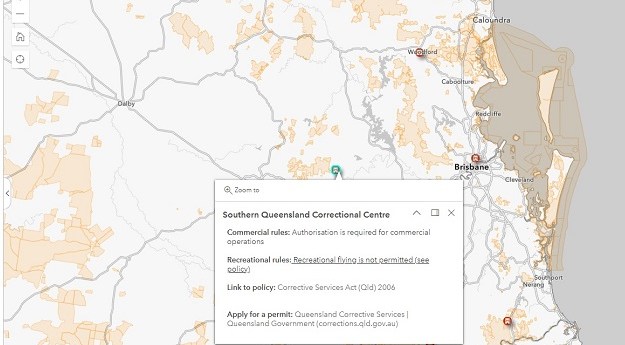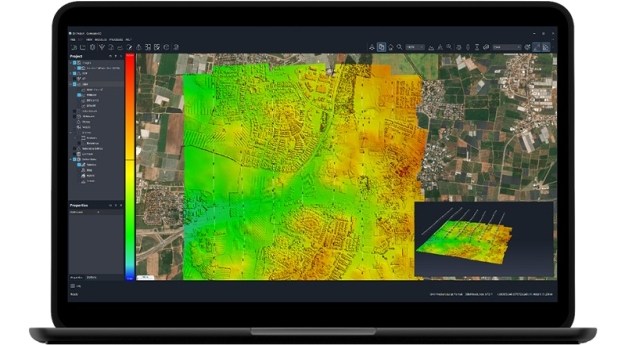1Spatial and its LSI partner have signed a contract extension with the U.S. Census Bureau. Following the success of the initial contract to supply 1Validate & 1Integrate licences, the contract extension will focus on the provision of software licences and services in preparation for the 2020 Decennial Census, and to widen the use of the technology within the organisation.
Through a long-term engagement with the U.S. Census Bureau, 1Spatial and LSI have prototyped and designed an automated conflation process to carry out geospatial data conflation. This delivers a phased roll-out for 1Spatial’s Validate & Integrate software.
1Spatial’s technology has been designed to enable operators to capture data within a spatial rules engine and apply the knowledge gleaned consistently throughout the organisation.
“This is a large, complex and mission-critical spatial database that is growing at 10-15% annually,” explained Tim Trainor, Geography Division Chief at US Census Bureau. “There are huge demands from the user community for spatial and temporal accuracy and quality, together with stringent processing deadlines. We believe that 1Spatial and LSI’s solution will meet our expectations to build an agile, service orientated architecture, whilst reducing our storage requirements”.
Marcus Hanke, CEO at 1Spatial said, “The new services and software provided by 1Spatial and our partner will enable the U.S. Census Bureau to gain maximum returns on its investment, supporting increasing growth in the mission-critical spatial database, in preparation for the 2020 decennial census.”
The software and services will be used by the Geography Division as part of a new initiative in preparation for the 2020 Decennial Census. The Geography Division maintains the geographic base data upon which US censuses and surveys are tabulated. The data is stored in a Master Address File (MAF)/Topologically Integrated Geographic Encoding and Referencing (TIGER) database.
The Geographic Support System (GSS) Initiative is an integrated program of improved address coverage, continual spatial feature updates and enhanced assessment and measurement, which supports a targeted approach. The Address Canvassing operation will commence during 2019, to get ready for the 2020 decennial census.
The data from the 2020 decennial census will be used to:
- determine the distribution of Congressional seats to states;
- make decisions about type of community services to provide;
- distribute more than $400 billion in Federal funds to local, state and tribal governments each year; and
- provide age search information; for use in qualifying benefits, for example.













